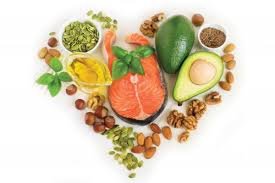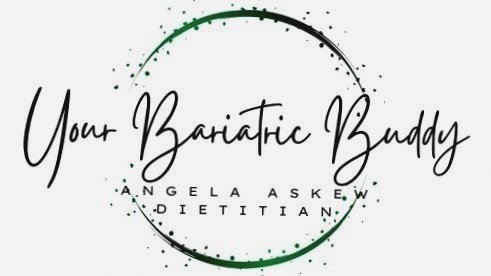LOOKING AFTER YOUR HEART
Following a healthy balanced diet and maintaining a healthy weight with regular physical activity can help you maintain a healthy heart.
Fat around the waist increases your risk of developing heart disease and other chronic diseases such as diabetes.
For most adults a waist measurement of greater than 94cm for men, and 80cm for women is an indicator of fatty deposits located around the heart and other internal organs and can be a sign of your risk for developing chronic diseases.
What is cholesterol?
Cholesterol is a fatty substance found in our blood which is made by our liver. Cholesterol also plays an important role in making bile, hormones and Vitamin D.
Dietary sources of cholesterol include animal products such as egg yolk, shellfish such as prawns, caviar and offal such as brain, liver and kidney.
Cholesterol is found ONLY in animal products.
Too much cholesterol may be a problem as it can cause a fatty build up in the blood vessels making it harder for blood to flow through.
Saturated fat is mainly found in animal foods as well as palm and coconut oil. These are known as ‘bad fats’ that can raise the level of ‘bad’ cholesterol that can increase the risk of developing heart disease.
Trans fats are also bad fats’ as they increase ‘bad’ (LDL) cholesterol and increase total cholesterol as well as lowing the ‘good’ (HDL) cholesterol. Trans fats are hydrogenated vegetable oils often used in fast foods and in commercially prepared biscuits, cakes and pastries due to their extended shelf life.
Avoid food high in SATURATED FATS, such as:
Butter, lard, ghee, dairy blends, creams;
Fatty meat, processed meats (sausages, bacon, salami);
Full fat dairy (milk, cheese, yoghurt, ice cream);
Plant sources include coconut and palm oil;
Take-away food (cakes, biscuits, pastries, chocolate, deep fired foods and potato chips).
Unsaturated fats can be used instead of saturated fats in the diet. These fats are still high in kilojoules and so need to be eaten in moderation.
Monounsaturated fats are known as ‘good fats’ as they lower total and ‘bad’ LDL cholesterol. Monounsaturated fats include:
Canola, olive, macadamia, peanut and sunflower oil,
Avocado and olives,
Almonds, peanuts, cashews, hazelnuts and pecans,
Peanut butter and almond spread.
Polyunsaturated fats are known as ‘good fats’ as they can lower total cholesterol and ‘bad’ LDL cholesterol levels. There are two main types Omega-3 fatty acids and Omega-6 fatty acids. Polyunsaturated fats include:
Sunflower, corn, sesame and grape seed oils;
Walnuts, pine nuts, sesame seeds and sunflower seeds and linseed;
Tahini spread;
Fish and seafood (sardines, mackerel, salmon, tuna, gem fish and blue eye).
Plant sterols are components of some foods that compete with cholesterol for absorption. When plant sterols are absorbed instead of cholesterol, cholesterol is removed from the body. Plant sterols are found in some fortified margarines, milk and yoghurts. Plant sterols are naturally found in orange and yellow plant foods and vegetable oils.
Sodium in large amounts can increase blood pressure and increase your risk of cardiovascular disease. A large proportion of the sodium in our diet comes from processed foods where it has been added for taste and to prolong shelf life. It is added to bread, breakfast cereals, butter and margarines as well as in many take-away and snack foods.
To decrease the amount of salt in your diet avoid adding salt to meals when cooking and at the table. Choose low sodium food options. Reading the nutrition information panel on packaged foods can help you choose low sodium foods. Foods which list sodium as 120mg per 100g or less are low in sodium.
Alcohol can increase blood pressure as well as your triglycerides so it is important to drink in moderation according to the guidelines of:
Women- no more than one drink per day, and
Men- no more than two drinks per day, both with 1-2 alcohol free days per week.
Visit the Heart Foundation for more information.


